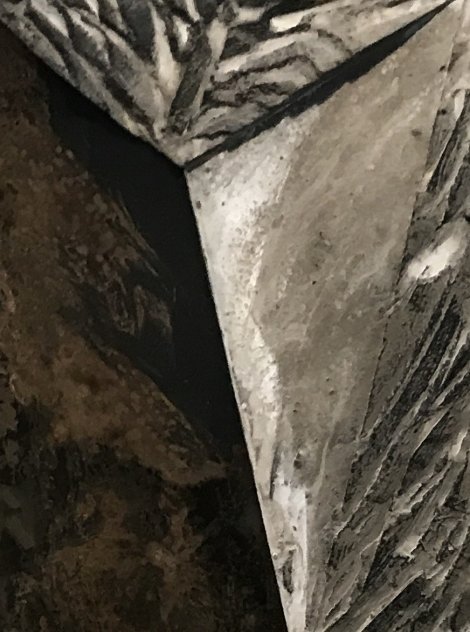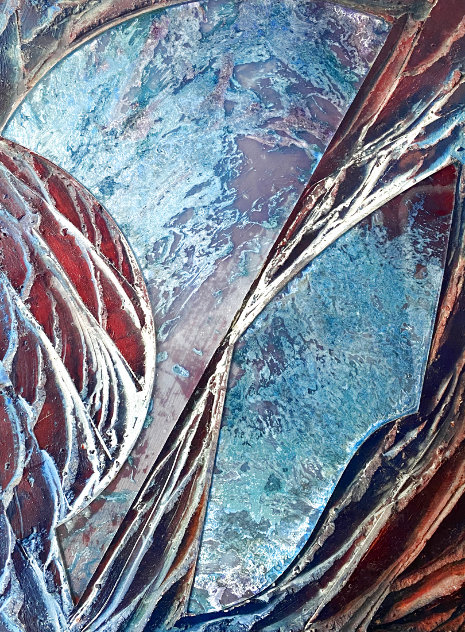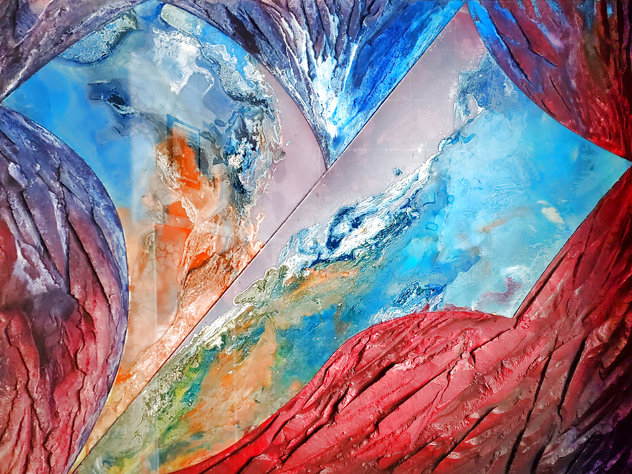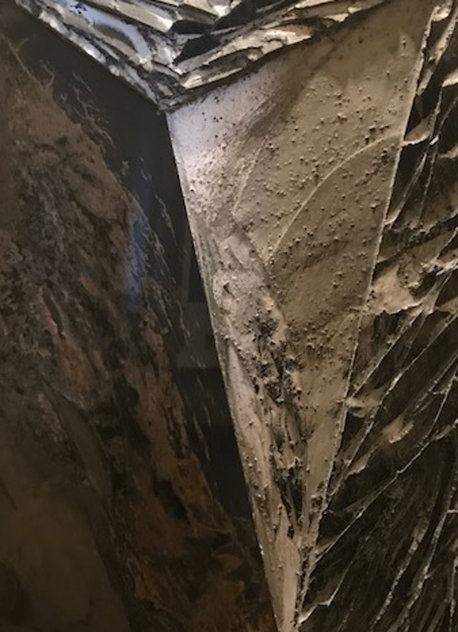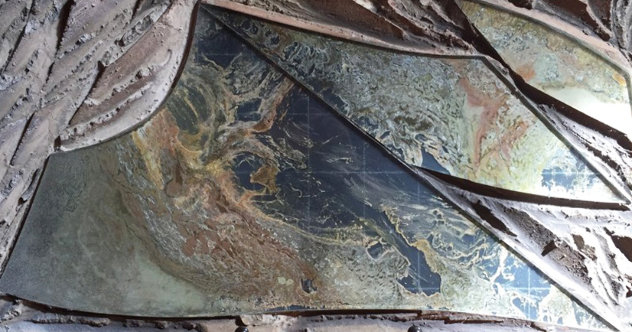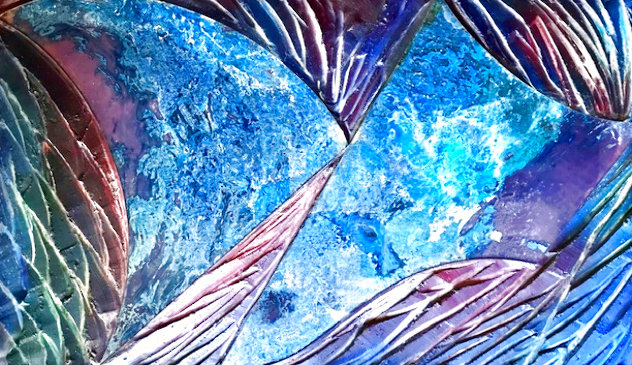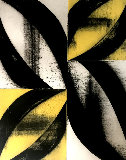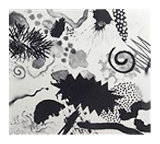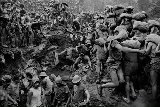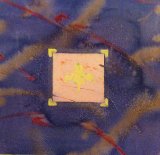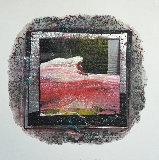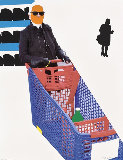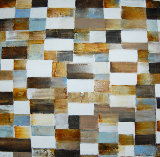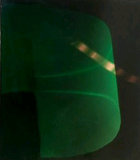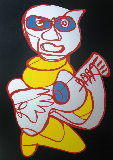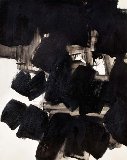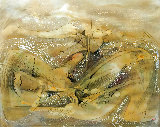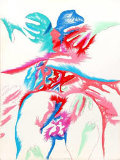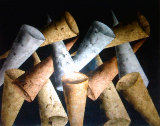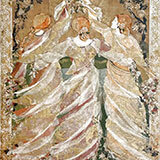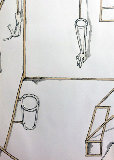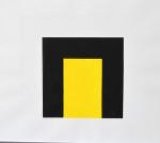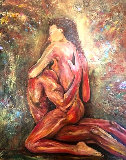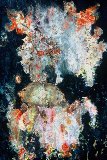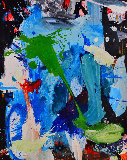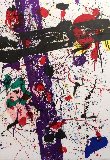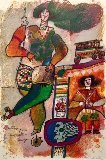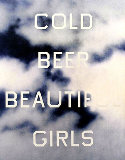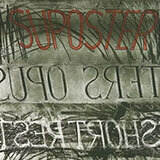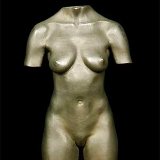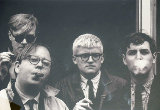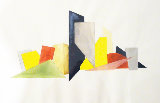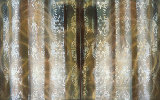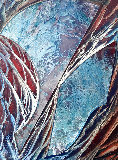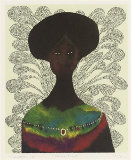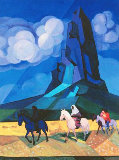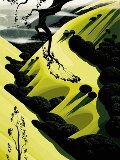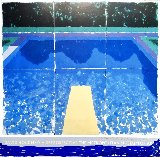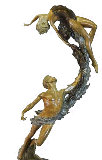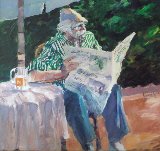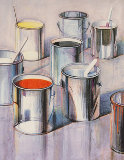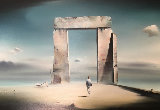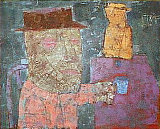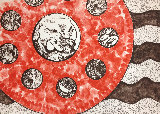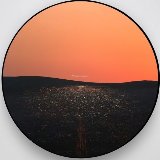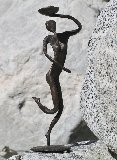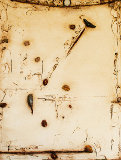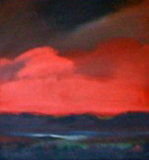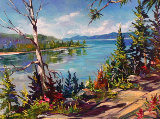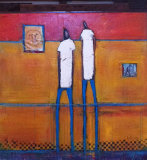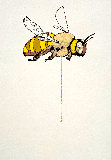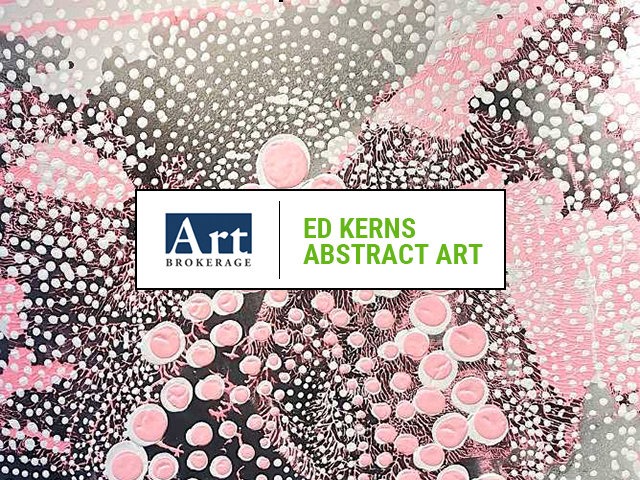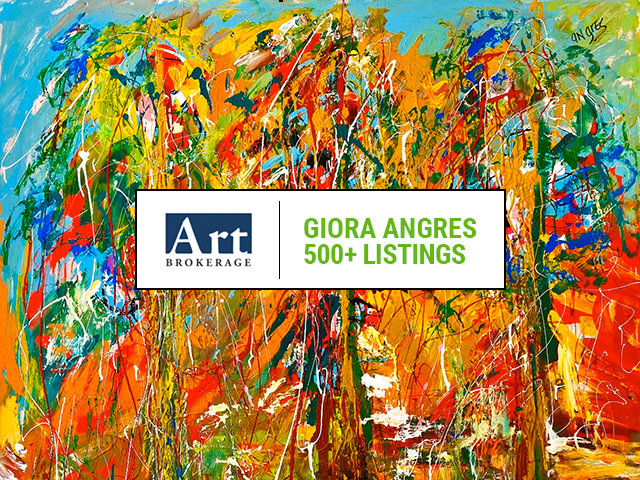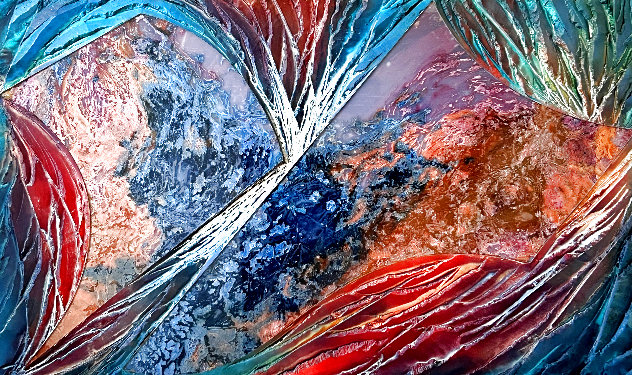





Untitled Abstract Wall Sculpture 1997 36x60 in - Huge
Laddie John Dill
Sculpture : Cement, Glass, Blue Cobalt Oxide, Red Iron Oxide, Sulphur, and Volcanic Ash
Size : 36x60 x3 in | 91x152 x8 cm
Edition : Original
Reduced
-
🔥🔥🔥🔥🔥Huge Unique Cement Wall Sculpture - A SUPER Steal - Inquire - Blue Chip $$$$$$$
Art can be delivered or picked up in the Los Angeles Area
Year1997
Not SignedSigned COA from Artist
Condition Excellent
Not Framed
Purchased fromPrivate Collector 2022
Story / Additional InfoCommissioned by Artist, Original Owners
Certificate of AuthenticityLaddie John Dill
Additional InformationBE SURPRISED - SUPER SUPER
LID152932
Laddie John Dill - United States
Art Brokerage: Laddie John Dill American Artist: b. 1943. By the time John Laddie Dill was 28, he was offered his first one-man exhibit at the Sonnabend Gallery in New York. Dill's talent and ingenuity have combined to make him a highly regarded national and internationally known contemporary artist. Dill's work is owned by many private collectors and is included in the permanent collections of more than 25 museums.In 1968, while Laddie John Dill was still in school, he and Chuck Arnoldi formed a small framing business, "Acme Framing Company", and the artists engaged in many serious discussions concerning what they considered to be the death of painting. As an apprentice printer at Gemini, located in West Hollywood, Dill had the opportunity to work closely with such established artists as Robert Rauschenberg, Jasper Johns, Claus Oldenberg and Roy Lichtenstein. Dialog between artists of the 1970's resulted in experiments with materials previously not considered traditional art media, such as neon, sticks, wax, cement and the relationship of those materials to each other. Dill then moved on to working three-dimensionally and filled a room in his studio with 10,000 pounds of silica sand. It was there that Laddie John Dill mixed light and sand to create pieces which were more like painting than sculpture. During the 1970's Dill also began experimenting with wall pieces using cement in contrast with the smooth surface of glass. Using natural pigments Dill incorporates, in his work, a wide range of colors from brick reds derived, from iron oxide, coal blacks from black sulphur, yellows and naturally mined cobalt blues. Combinations of these natural pigments create a variety of brilliant but still "organic" colors. Currently he occupies the studio adjacent to Ed Ruscha. Listings wanted by Art Brokerage.

